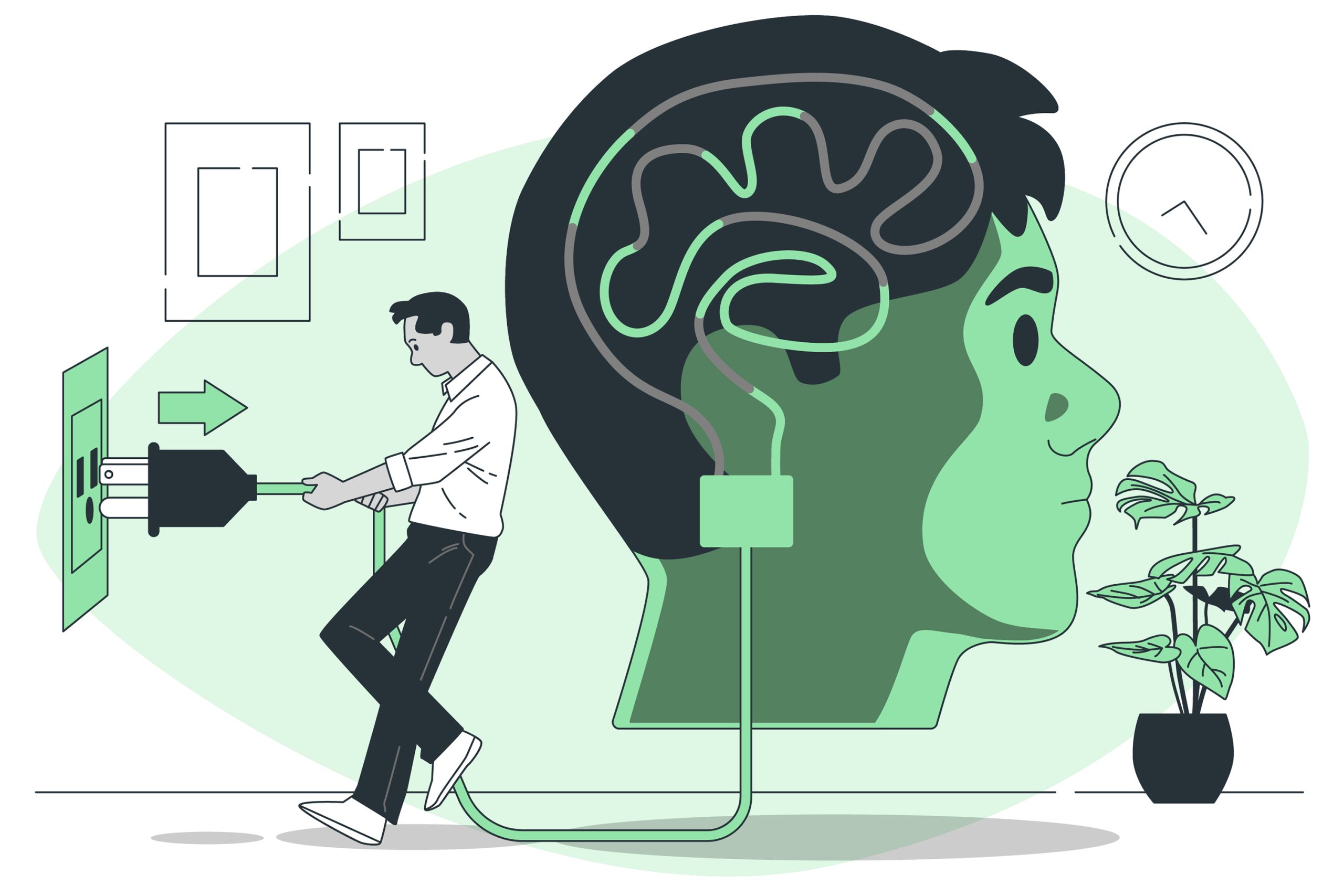
How to Stop Worrying and Start Living
Worrying is a natural part of life, but when it becomes excessive, it can take a toll on our mental and physical well-being. Learning to manage and reduce worry is essential for living a happier and more fulfilling life. Here are some effective strategies to help you break free from the grip of worry and start embracing each day with optimism and confidence.
Practice Mindfulness
Mindfulness is a powerful tool for reducing worry and cultivating a sense of calm and presence. By focusing on the present moment and observing your thoughts and feelings without judgment, you can break free from the cycle of worry and anxiety. Practice mindfulness meditation regularly to strengthen your awareness muscle and develop a greater sense of inner peace.
Challenge Negative Thoughts
Worry often stems from negative thinking patterns that magnify problems and catastrophize outcomes. Challenge these negative thoughts by asking yourself if they’re based on facts or irrational fears. Replace catastrophic thinking with more balanced and realistic perspectives. By reframing your thoughts, you can reduce worry and cultivate a more optimistic outlook on life.
Set Boundaries with Worry
Set clear boundaries with worry by designating specific times each day to address your concerns. Create a “worry journal” where you can jot down your worries and brainstorm potential solutions. During the rest of the day, gently redirect your attention whenever worry arises, reminding yourself that you’ll address those concerns during your designated worry time. Establishing boundaries helps prevent worry from consuming your thoughts and hijacking your happiness.
Focus on What You Can Control
Much of our worry stems from trying to control outcomes that are beyond our control. Instead of fixating on things you can’t change, focus your energy on what you can control. Take proactive steps to address challenges and solve problems, but accept that some things are outside of your influence. By shifting your focus to actionable steps and letting go of the rest, you can reduce worry and reclaim a sense of empowerment.
Engage in Relaxation Techniques
Relaxation techniques such as deep breathing, progressive muscle relaxation, and guided imagery can help calm your nervous system and reduce worry. Incorporate these techniques into your daily routine to promote relaxation and stress relief. Practice them whenever you feel overwhelmed or anxious to bring yourself back to a state of calm and equilibrium.
Seek Support
Don’t hesitate to reach out for support from friends, family, or a mental health professional if worry becomes overwhelming. Talking to someone you trust can provide perspective and validation, helping you gain insight into your worries. Therapists can offer specialized techniques and strategies to help you manage worry effectively, guiding you toward a more balanced and resilient mindset.
Embrace Gratitude
Cultivating a practice of gratitude can shift your focus from worry to appreciation for the present moment. Take time each day to reflect on the things you’re grateful for, whether it’s the support of loved ones, the beauty of nature, or small moments of joy. By cultivating an attitude of gratitude, you can reframe your perspective and find peace and contentment amidst life’s uncertainties.
Embracing Life with Open Arms
Worrying can feel like being trapped in a cycle of fear and uncertainty, but it doesn’t have to define your life. By practicing mindfulness, challenging negative thoughts, setting boundaries, focusing on what you can control, engaging in relaxation techniques, seeking support, and embracing gratitude, you can stop worrying and start living with greater peace, joy, and fulfillment. Remember, life is too precious to spend it consumed by worry. Embrace these strategies, take each day as it comes, and embrace life with open arms.


